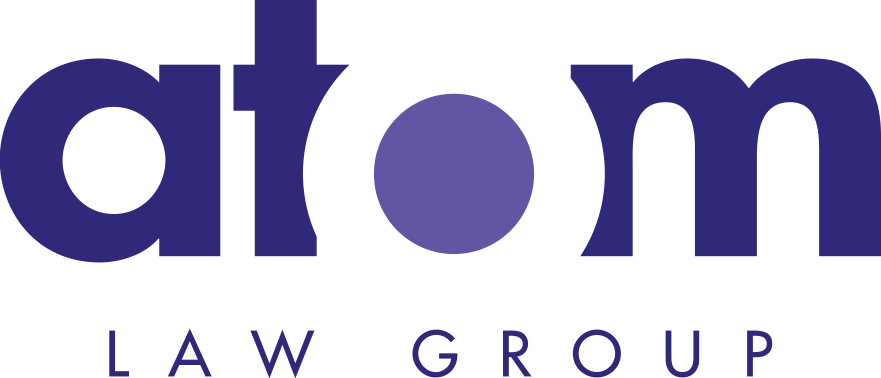Legal Assistance When Buying a Business
When buying a business in the United States, there are several considerations that need to be taken into account. That is where Atom Law Group is the firm to help you. We will assist your business with the following when purchasing a business with the following items:
- Due Diligence: Before buying a business, it's important to conduct due diligence to thoroughly investigate the financial and operational aspects of the business, including its assets, liabilities, financial statements, contracts, and legal compliance.
- Legal structure: It's important to consider the legal structure of the business, such as whether it is a corporation, partnership, or sole proprietorship, as this will affect the ownership and management of the business, as well as the liability of the owners.
- Tax implications: Buying a business can have significant tax implications, and it's important to consider the tax consequences of the transaction, such as the impact on the buyer's personal income tax, sales and use tax and property tax.
- Financing: Consider the available financing options and how they will affect the business's future cash flow and profitability.
- Employee considerations: It's important to consider the impact of the acquisition on the current employees of the business, including their rights, benefits, and job security.
- Industry and Market: Understand the industry and market trends, competition, and growth opportunities of the business you are buying into.
- Intellectual Property: Review the business's intellectual property, such as patents, trademarks, and copyrights, and determine whether they are valid and transferable.
- Contracts and Agreements: Review and understand any existing contracts and agreements the business is party to, including lease agreements, supplier agreements, and customer contracts.
It is important to seek legal, financial, and tax advice when buying a business to ensure that you are aware of all the potential risks and opportunities involved in the process and to make sure that the purchase is structured in a way that is beneficial for you.
Types of Insurance to Carry if Doing Business in the US
There are several types of insurance that a business in the United States should consider carrying to protect against potential risks and liabilities, including:
Product liability insurance typically covers the cost of defending against a claim, as well as any settlement or judgment that may result from the claim. It can also cover the cost of recalling a product or modifying it to make it safe.
other types of business insurance
Transfer Pricing
Transfer pricing refers to the pricing of goods, services, and intangibles that are transferred between related parties, such as subsidiaries of a multinational corporation. It is a concern for foreign businesses with subsidiaries in the United States because it can have a significant impact on their income taxes.
The concern arises when a multinational company charges its US subsidiary a higher price for goods or services than it charges its other subsidiaries or third parties or when a US subsidiary charges its parent or other subsidiaries a lower price for goods or services than it charges third parties. This can result in the shifting of profits from the US subsidiary to the parent company or other subsidiaries, which can reduce the US subsidiary's income tax liability and increase the income tax liability of the parent company or other subsidiaries in lower tax jurisdictions.
To prevent this, the IRS and the US Tax Court have developed a set of guidelines called the arm's length principle, which requires that transactions between related parties be priced as if they were between unrelated parties. This means that the prices charged between related parties should be consistent with the prices that would be charged in a similar transaction between unrelated parties. The IRS and the US Tax Court have also developed transfer pricing methods such as the comparable uncontrolled price method, the resale price method, the cost plus method, and the transactional net margin method to ensure consistency with the arm's length principle.
It's important for foreign businesses with subsidiaries in the US to be aware of these rules and to ensure that their transfer pricing practices are compliant with the arm's length principle. This can be done by keeping detailed documentation of the transactions between related parties and engaging in a transfer pricing study with professional advisers.
